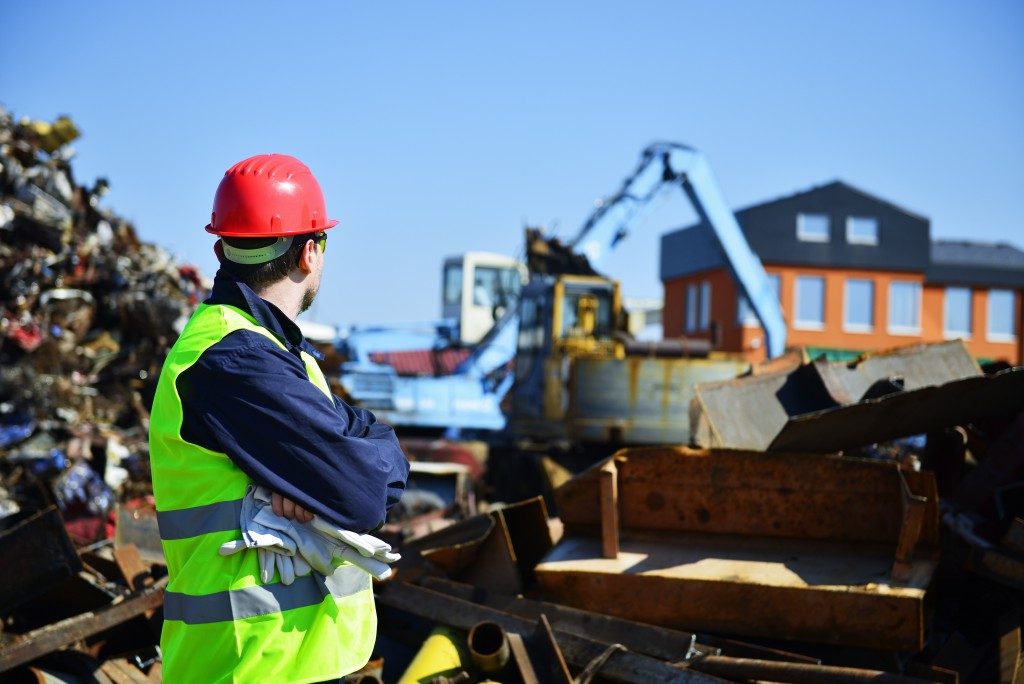A three-acre property is up for sale in Lyon County just north of Hawthorne Army Ammunition Depot. The owner is moving to Cairns, Australia, and is now looking for a buyer. You’re based in Carson City, where you work as an executive for a big electronics company. In your spare time, you dabble as a welder creating sculptures from metal scraps. You’ve used metals from car parts, springs, and metal tracks from garage roller doors, busted loan mowers, pipes, etc.
You’ve long wanted to combine your welding hobby with a scrap metal business. At some point, you want to set up a store-museum for your artwork. You would need space for this, you thought. The property in Lyon County might be the right place for you to start this business. It’s less than two-hours drive. Nonetheless, there’s some hesitation on your part. You can do the welding part, but you don’t know much about the scrap metal business.
A Brief Overview of Scrap Metal Recycling
The scrap metal recycling business reached its peak in the past ten years back in 2011, when it registered around $55 billion in revenue. 2019 figures show that this is now down to just $29 billion. In 2019, the market has significantly slowed down, registering a -10.7% growth rate.
Becoming a Scrapper
You would still be doing good, despite the not-so-good market prognostic, as you will be contributing in a small way to environmental cleanups. You are participating in the recycling process. Like starting any business, one of the first things you need to do is draw up a business plan. Get a thorough understanding of the market, your competition, the supply chain, and your financials.

Here are more ideas to consider:
- At the front lines. In the supply chain of scrappers, the collector is at the frontlines. You are the one that supplies dealers with metals that have reached their end of life.
- Know thy metal. Metals could be ferrous, or they could be non-ferrous. Copper and aluminum are examples of non-ferrous metals. Old machines and home appliances, like car engines, refrigerators, and stoves, are familiar sources of iron, which is a ferrous element. You need to have solid knowledge about metal because it’s going to dictate pricing, and customers would want to know the profile of your stuff.
- Requirements and other needs. Find out what the laws are in your state and what kind of permits you need to operate a scrap metal business. Other items that you would need include a truck or a trailer, hammers and cutters, magnet, and fitting suit for your protection. There are other tools that you need to get. Make sure that you complete a list and prioritize their acquisition.
- Explore, source, and sell. You need to explore your area to a) source metal scraps and b) get leads on potential buyers. Apart from picking abandoned stuff on the road, contact construction companies or builders and see if they need metal scraps hauled away from their sites. You need to be pro-active in finding businesses that use scrap metal like, recycling companies to sell your scraps. Always look for the best deal before selling your items. That is why you must know your metal.
The metal scrap business carries with it some occupational hazard. Always keep yourself safe by using the proper gear and equipment. It’s also good to consider getting insurance.

